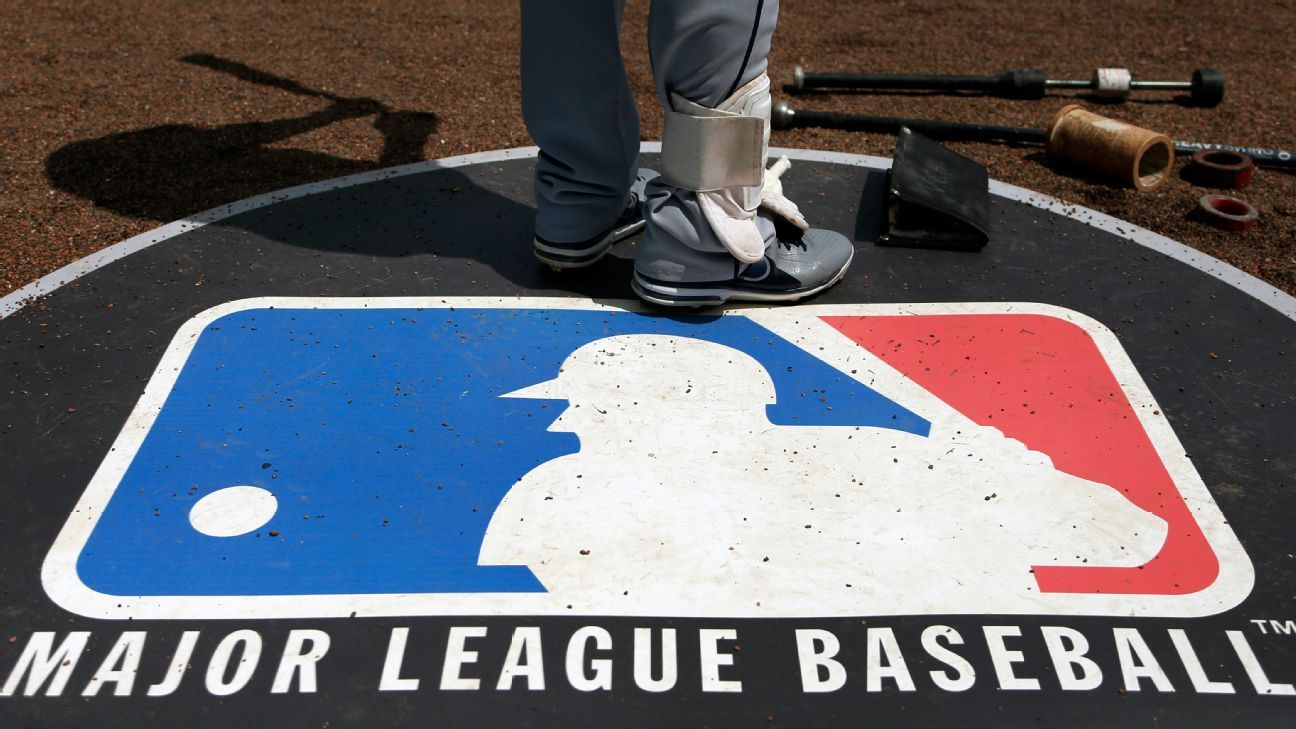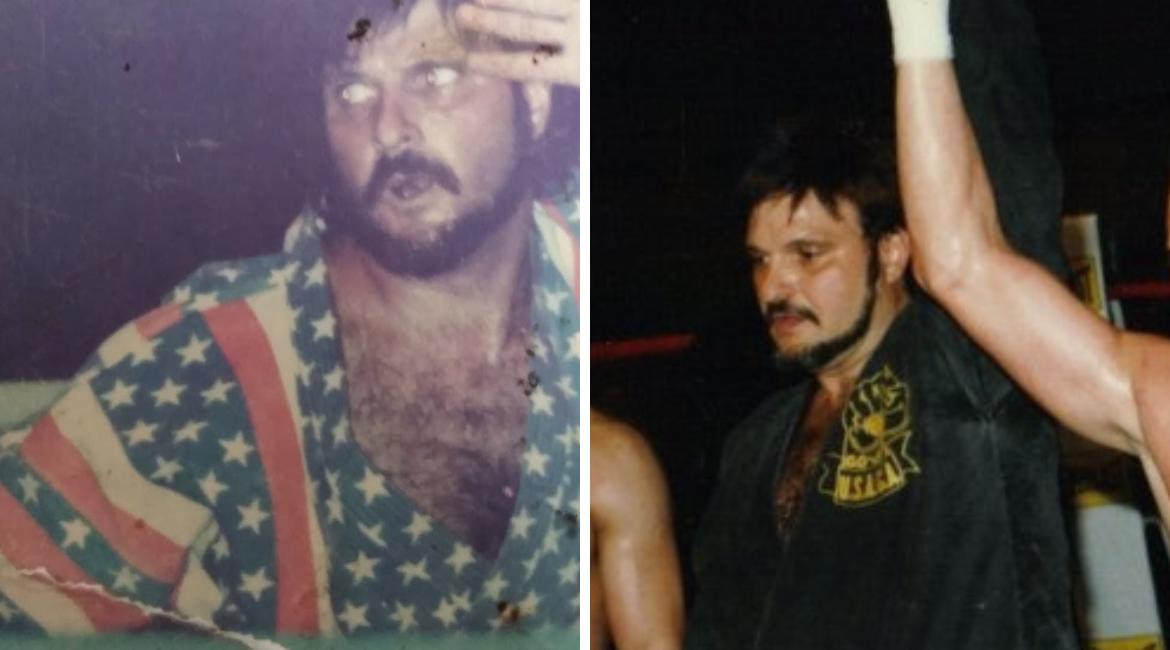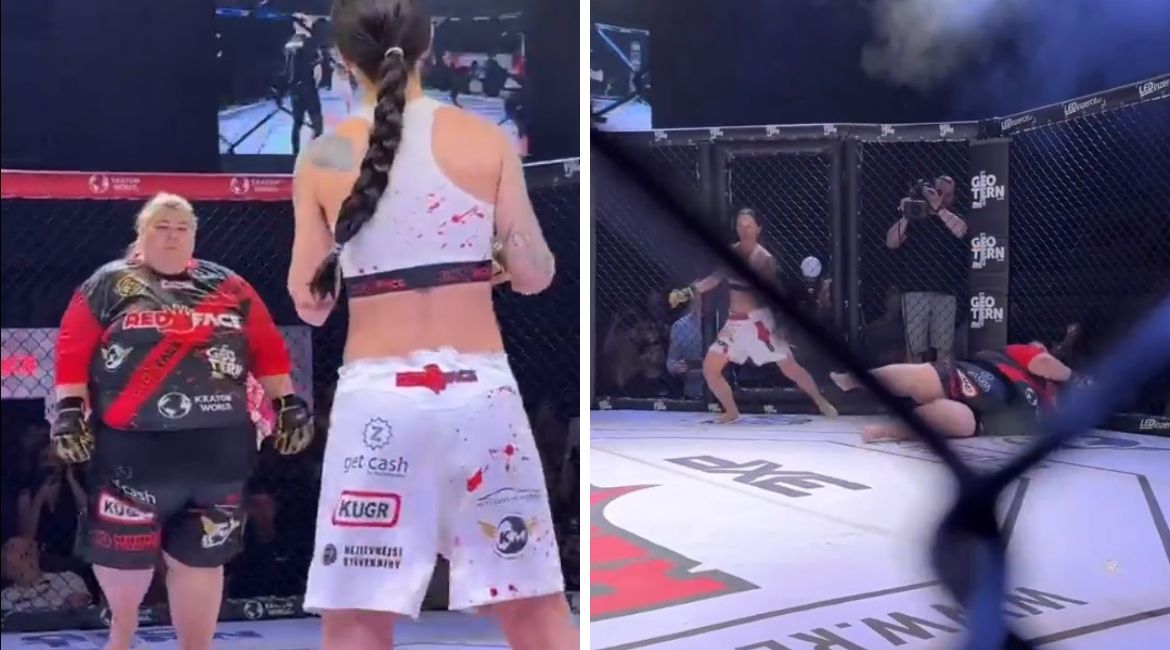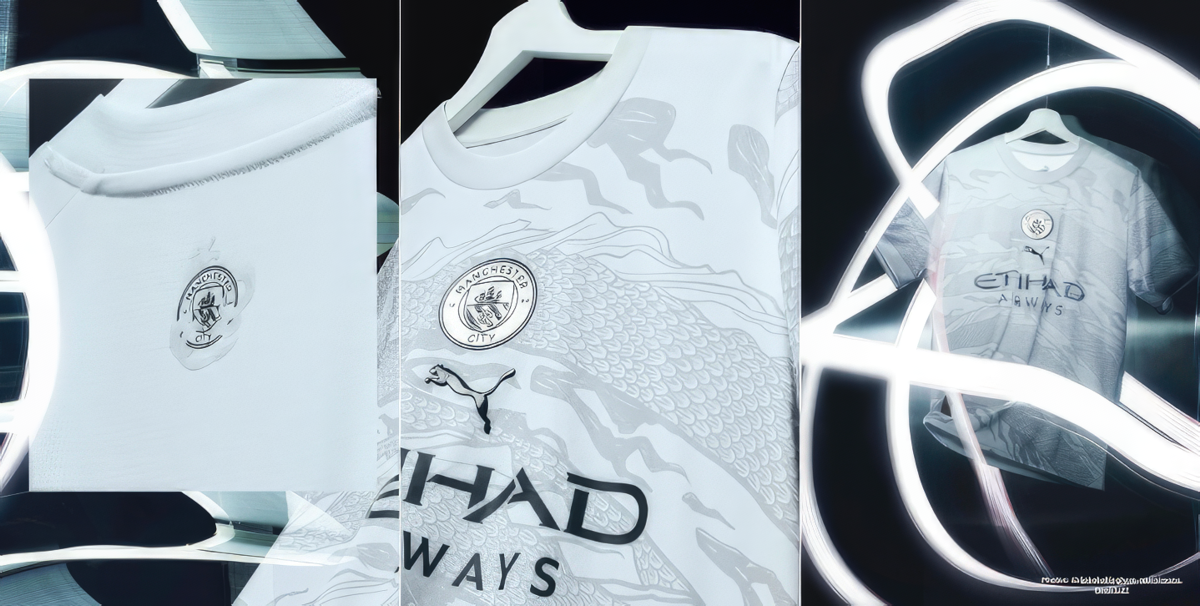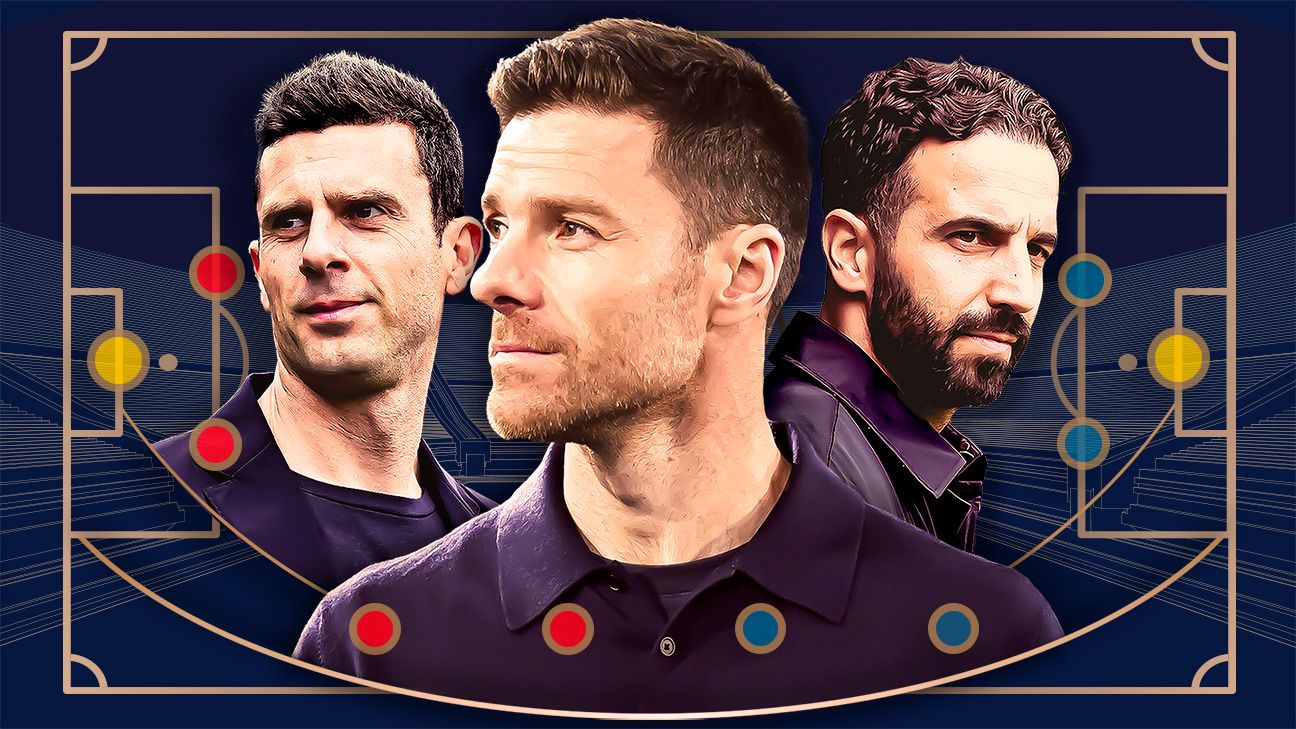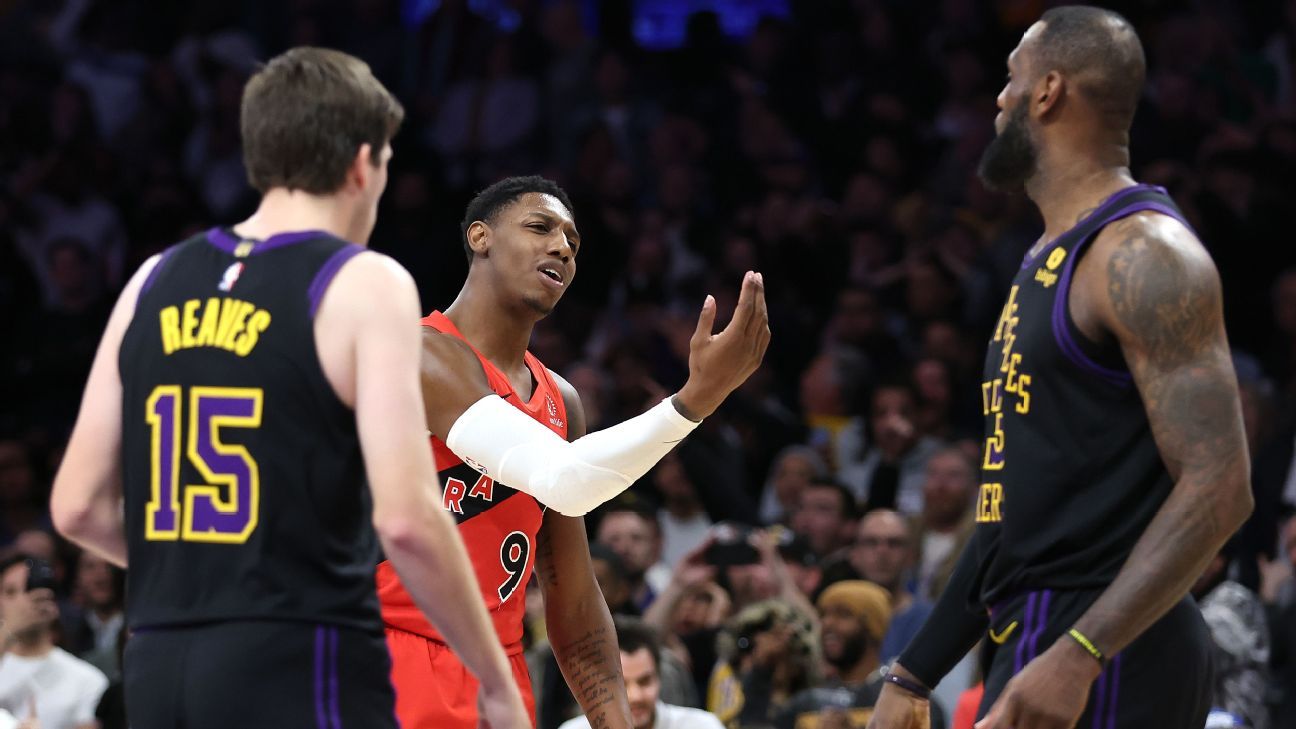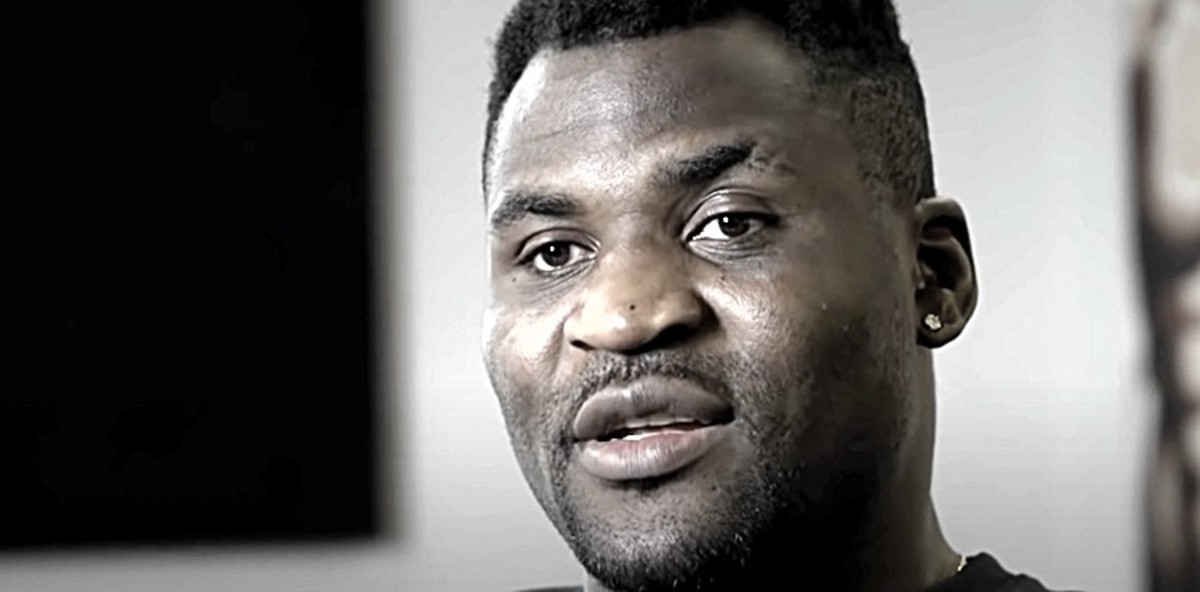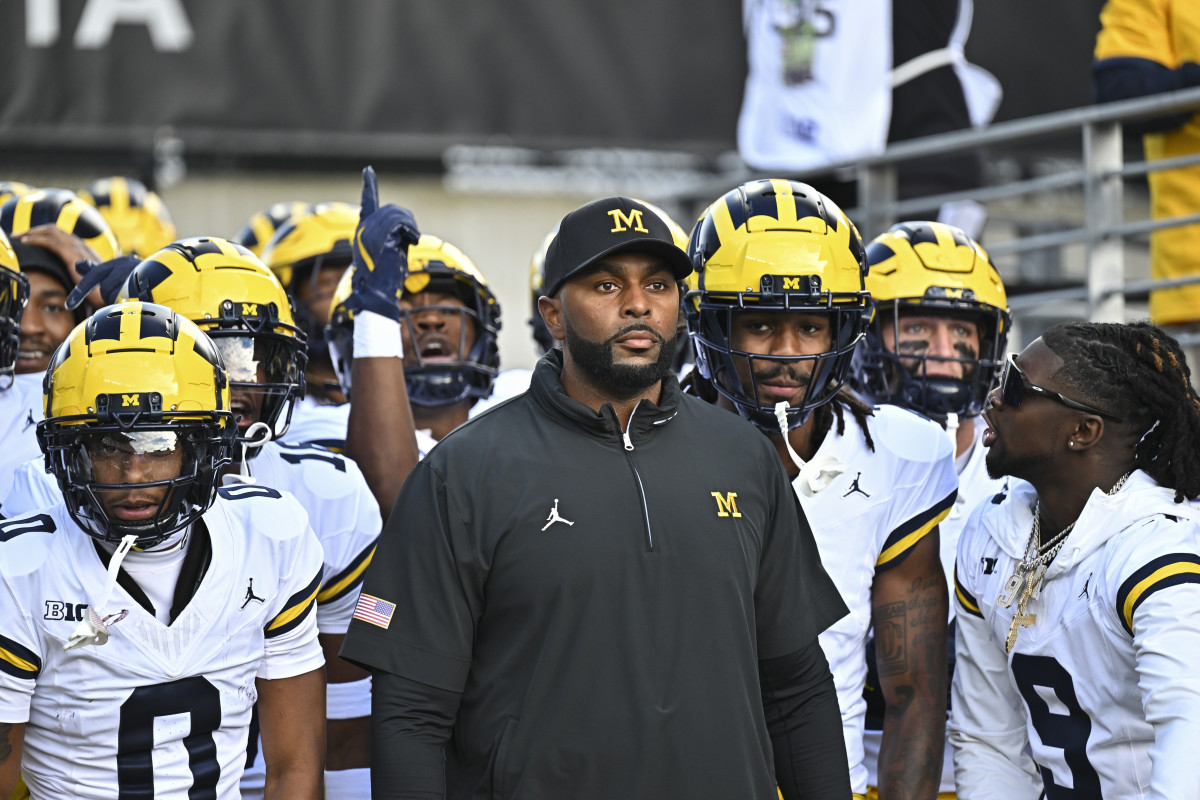A handful of Main League Baseball groups are debuting expertise this season that enables followers to make use of their faces, as an alternative of paper or digital tickets, to achieve entry to a stadium — a major providing that, relying on one’s private viewpoint, possible falls someplace between an extremely welcome enhancement and an alarming harbinger of eroding private privateness.
“This,” stated Invoice Schlough, chief expertise officer for the San Francisco Giants, “is an absolute game-changer.”
“This,” stated Caitlin Seeley George, campaigns and managing director of the digital rights advocacy group Combat for the Future, “is only one a part of a large downside that is solely getting greater.”
Editor’s Picks
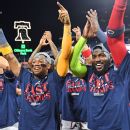

1 Associated
Sports activities followers, like airline passengers or anybody who makes use of a smartphone, should more and more ask themselves the place to attract the road between expertise that makes their expertise simpler and expertise that may sacrifice appreciable privateness. Whereas any particular person resolution may appear small, the implications are far-reaching for society due to how facial recognition has been abused up to now by companies, governments and regulation enforcement. However feedback from stadiumgoers at take a look at websites counsel they’re largely unconcerned, if not downright enthusiastic, in regards to the change.
Whereas there is no doubt that the bigger situation round facial recognition expertise is layered, the essential impetus behind MLB’s plan is easy. Group and league executives speak usually about “friction,” a catch-all time period referring to any kind of impediment that will get in the best way of a shopper — a fan — having the perfect expertise at a recreation (and thus, presumably, spending more cash).
Friction factors vary from slow-moving concourse crowds to weak Wi-Fi, however lengthy traces — whether or not for bogs, beers or the rest — all the time draw essentially the most complaints. So, over the previous few years, MLB has pushed its golf equipment to deal with one of many oft-cited areas of friction at stadiums: really moving into the ballpark.
A type of facial recognition is the outcome. The Phillies, Giants, Astros and Nationals are the primary golf equipment to introduce what MLB calls “Go-Forward Entry,” a league-backed program that was developed with NEC, a Japan-based expertise firm. Go-Forward Entry combines with already-in-place, AI-based safety screening to permit followers to stroll right into a stadium with out going via a standard steel detector or ticket-access level. Utilizing superior recognition software program, followers who choose into this system do not must cease for anybody as they head to their seats.
“You do not even have to interrupt stride,” Schlough stated. “We have to give this to our followers. The society we’re in in the present day, the world we’re in in the present day — it is instantaneous gratification. No person has the time for something. No person needs to attend.”
Variations of that sentiment echo throughout all industries relating to expertise. Change “no person needs to attend” with “no person needs to take out their pockets,” and the dialog can transfer virtually seamlessly from recreation tickets to Apple Pay. Buying and selling private knowledge for better effectivity is one thing people do always, whether or not it is curated music streaming or going via a particular safety line on the airport.
To some, nevertheless, facial recognition expertise presents a heightened concern with better stakes. Combat for the Future protested using this expertise when it was being examined in Philadelphia final season, and 9 different teams that target privateness points joined them in signing a petition decrying Go-Forward Entry. Extra protests are anticipated at ballparks this season.
“Facial recognition expertise is unsafe,” George stated. “It may be discriminatory, and particularly for these use instances the place it is being promoted as a software for effectivity or comfort, it permits for the unfold of this expertise all through our society.”
Whereas most of the highest-profile issues involving facial recognition software program and mistaken identities or racial bias stemmed from use by regulation enforcement (resulting in a number of cities banning authorities use of the expertise), there are only a few locations the place personal firm use of facial recognition is at the moment prohibited. Within the sports activities world, George pointed to a number of previous conditions that she believes spotlight the potential for issues as MLB expands its use.
Essentially the most egregious was James Dolan, the proprietor of the Knicks and Rangers, utilizing facial recognition software program at Madison Sq. Backyard and different venues his firm owns to establish attorneys at corporations concerned in litigation in opposition to his firm. As soon as the attorneys had been recognized, workers blocked them from attending video games or live shows in Dolan-owned buildings.
Different cases are much less egregious — and sometimes come from noble intentions however may nonetheless elevate considerations over what really occurs to followers’ knowledge as soon as they flip it over. In Brazil, for instance, soccer groups utilizing comparable software program have given to the police, upon request, knowledge that was collected as a part of a fan ID program. Facial recognition cameras had been used throughout streets and at stadiums to watch followers all through the 2022 World Cup in Qatar. Italy’s high soccer league, Serie A, has used facial recognition cameras to establish followers they imagine chant racist language at video games.
Proponents of MLB’s program stated they’re effectively conscious of the troubles some followers may need round this type of expertise. In response, they spotlight a number of factors they imagine are essential:
This system is non-compulsory. Followers can participate provided that they register and add a high-quality selfie of their face, which means that those that wish to use scannable tickets can nonetheless achieve this. The high-quality image additionally significantly reduces the forms of incorrect matches which have been seen in regulation enforcement conditions the place grainy, lower-quality video is commonly used.
Precise footage of followers’ faces aren’t saved or saved in a database. The expertise analyzes a fan’s face and converts every selfie into a novel quantity, which is then related to bought tickets and in comparison with the quantity generated by the stadium cameras when a fan walks previous them. The picture itself is deleted.
Groups aren’t utilizing followers’ faces or their biometric knowledge for safety or any goal apart from stadium entry, they usually aren’t promoting that knowledge to another corporations.
“This isn’t the kind of facial recognition that is scanning a crowd and particularly in search of sure varieties of individuals,” Karri Zaremba, a senior vice chairman at MLB, stated. “It is facial authentication. … That is the one manner wherein it is being utilized.”
“Having our followers’ belief is paramount,” she added.
That is likely to be true. However that primary notion — trusting a non-public enterprise like a baseball workforce or league — is the place privateness advocates balk. Whereas “facial authentication” would possibly sound extra benign than “facial recognition,” the expertise that underpins it’s comparable, and there are not any ensures that groups will not change their minds about what do with — or with whom to share — the pictures and biometric knowledge they get from followers sooner or later.
The boilerplate phrases and situations on a typical MLB ticket give the workforce unique and virtually limitless rights to personal, use or broadcast the likeness of stadiumgoers in reference to the sport, reminiscent of a “kiss cam” shot showing on the jumbotron. However the settlement outlined for Go-Forward Entry customers stipulates that these phrases do not apply to pictures uploaded for facial recognition functions.
“Baseball was fairly insistent that now we have what we name logical and bodily separation of the information,” stated Micah Willbrand, vice chairman of digital id at NEC. “The one knowledge we maintain is the template, the algorithm created from the picture. We have no knowledge associated to the buyer and baseball does not have any knowledge associated to the template.”
Even with that separation, there’s all the time a threat from hackers. And whereas each MLB and NEC say the separation of knowledge significantly lessens the affect of a theoretical hack, George identified that probably shedding management over an individual’s primary biometric knowledge is clearly extra vital than having a password or bank card — one thing that may be modified or changed — compromised by a hack.
“Belief this, belief that — they’re all pinky guarantees that I simply do not belief,” George stated. “Pinky guarantees by corporations which are, in the long run, pushed by being profitable. That is all the time their precedence.”
As in different industries, the proliferation of facial recognition expertise in sports activities is appreciable. For years, stadiums have used the expertise to assist with duties reminiscent of figuring out celebrities who is likely to be in attendance, or sending customized clips to followers who occur to randomly seem on the massive videoboards. Tennis venues have used the expertise to pick “courtsiders,” or sports activities bettors who attempt to subvert dwell betting on a specific match in a lot the identical manner that casinos use the expertise to scan patrons in the hunt for card counters.
Baseball isn’t the primary to make the most of the expertise for ticketing, both. Jeff Boehm, the chief advertising and marketing officer of Massachusetts-based Wicket, stated the corporate’s facial authentication software program — which is analogous, however not similar, to what’s being utilized by MLB — debuted on the Cleveland Browns’ stadium in 2020. Only a few years later, half of Cleveland’s season-ticket holders have already signed up for this system, clearly enamored with an entrance course of that has been measured to be not less than 4 occasions quicker than ready within the typical pre-kickoff queue. (Zaremba, the MLB govt, likened the baseball expertise to a driver with EZ-Cross zooming previous vehicles within the common toll lanes.)
“Each season the Browns get an increasing number of individuals, and it should turn out to be the norm,” Boehm stated. “The longer term is right here.”
Boehm added that Wicket is at the moment utilized by a dozen NFL groups and 20 stadiums total throughout the key American sports activities, and in some markets, the identical expertise that enables followers into the stadium can also be getting used to allow them to purchase issues whereas inside — together with alcohol — in the event that they hyperlink an ID and type of cost to their account, together with their image. Boehm added that he is “very hopeful” Wicket may have contracts with all 32 NFL groups by the top of 2024.
That kind of unfold mirrors elevated facial recognition expertise use in different elements of life. And George, the privateness advocate, understands the attraction of comfort. The problem, she stated, is convincing those who opting right into a program that will get them right into a stadium extra shortly invitations a better probability for somebody to be wrongly arrested or discriminated in opposition to when the identical expertise is used another way.
“I believe when it comes to ‘the cat’s out of the bag.’ Nicely, I believe there’s nonetheless time to place the cat again within the bag,” she stated. “Whether or not or not your face matches up with a scan at a ticket stand is one factor, however the potential of this expertise for use to find out what well being advantages individuals ought to or should not get, or how possible they’re to complete highschool, or how possible they’re to commit against the law, these appear to be far off issues, however that is really expertise that corporations are attempting to develop and provide proper now.”
She added: “So issues like baseball simply make that type of improvement simpler.”




